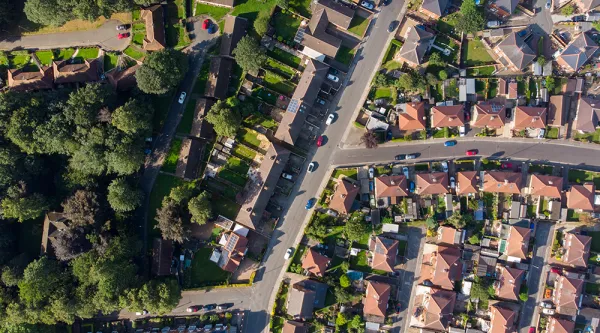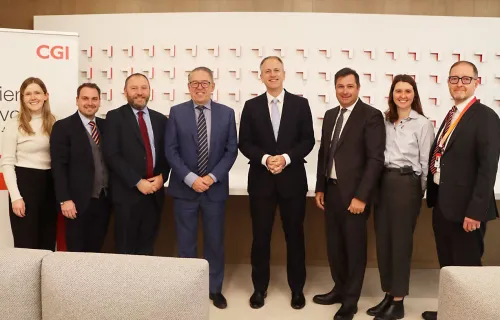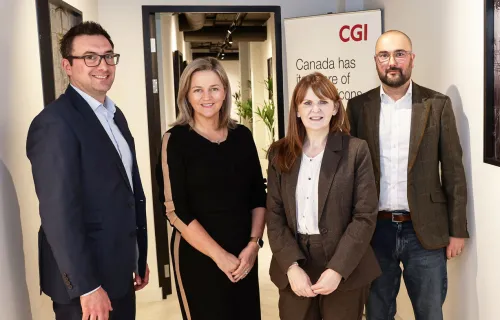Location intelligence is the key to a smarter society.
Location data-driven insights can strengthen analysis, improve problem-solving and drive better policy making across the public sector.
When Google Maps democratised digital mapping, people quickly saw the advantages of digital formats over paper. Digital maps could be continually updated to keep pace with changes in the real world. With a mapping app on your smartphone, you could have all the maps you would ever need in your pocket.
Today’s location-enabled tools and services can do much more than help you find your way home. Integrating information from different sources and layering them onto maps offers rich data-driven insights, presented in a familiar intuitive format, that allow users to quickly identify trends, patterns and relationships. With this dynamic location intelligence, government organisations are better equipped to tackle some of the most critical issues facing the country. In short, it can help us become a smarter society.
Creating Covid-safe town centres
Location intelligence can support the government’s fight against Covid-19: for example, providing insights into the factors that influence case numbers across the country. Location intelligence insights can also drive measures to reduce the risk of infection. For example, helping local authorities introduce new walking routes that improve social distancing in busy town centres. Overlaying town maps with dynamic data about pedestrian volumes allows planners to identify crowding hot spots – which can then be improved by temporarily widening pavements or providing one-way signage.
Tackling county lines
Another critical issue is county lines drug trafficking. As many as 10,000 children and vulnerable people are exploited by drug gangs each year, plus many thousands more are harmed in gang-related violence[i] It’s a complex challenge involving different government agencies and crossing multiple police and local authority jurisdictions, making it difficult to frame the problem or coordinate responses. By combining location data with crime reports, socio-economic data and information from social care agencies - and visually representing it on a map – government can pinpoint the communities affected by county lines and understand the factors driving the activity. With this location intelligence, the police and local authorities can take action to protect the vulnerable and reduce crime.
Making it happen
Location intelligence offers significant opportunities to drive insight from data in the public sector. The potential is even greater when advanced analytical tools and Machine Learning are used to crunch the numbers and reveal trends hidden in complex data sets.
But to benefit from location intelligence, a culture change is needed across large parts of the public sector. Despite the government’s commitment to Open standards, too much data remains locked away in isolated silos, inaccessible to other users. Many departments and agencies may not even be aware of the amount of data they keep locked up.
As a first step towards a more Open approach, public sector organisations should carry out a comprehensive review of their data management policies and ask how they can begin to make this data available to other bona users. With a more Open approach, the UK can unleash a wave of data-enabled intelligence that will transform policy and help deliver a smarter society.
To discover more about how public sector organisations can benefit from location-enabled insights, read our white paper Unlocking the Power of Where: Key Principles for Delivering the UK’s Geospatial Strategy.
Learn more about the importance of Open in delivering successful location-enabled public sector applications, read our white paper Embrace Open to Unlock the Power of Where.
[i]“There are conservative estimates of 10,000 children. Ten thousand children across the United Kingdom who have been dragged into county lines.” Assistant Chief Constable Chris Green, North-West Regional Organised Crime Unit. BBC News. 12 August 2019. https://www.bbc.co.uk/news/uk-48343369






